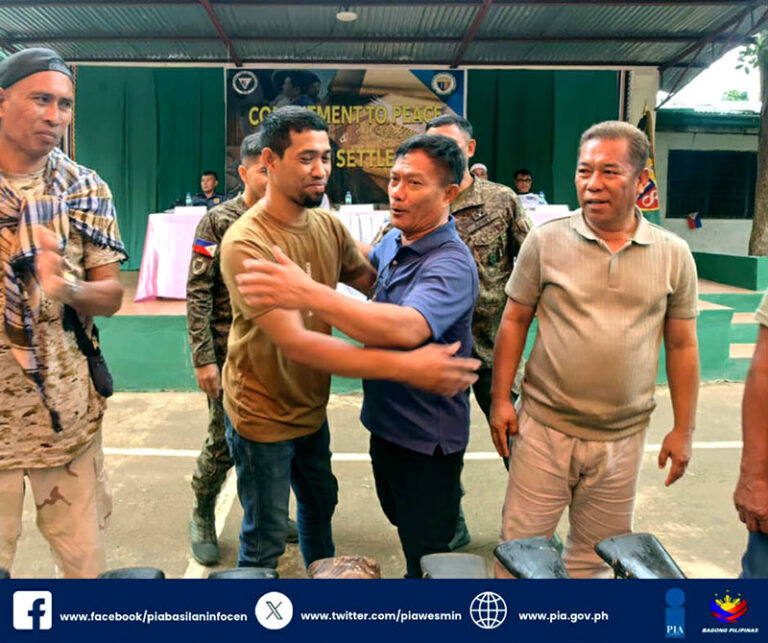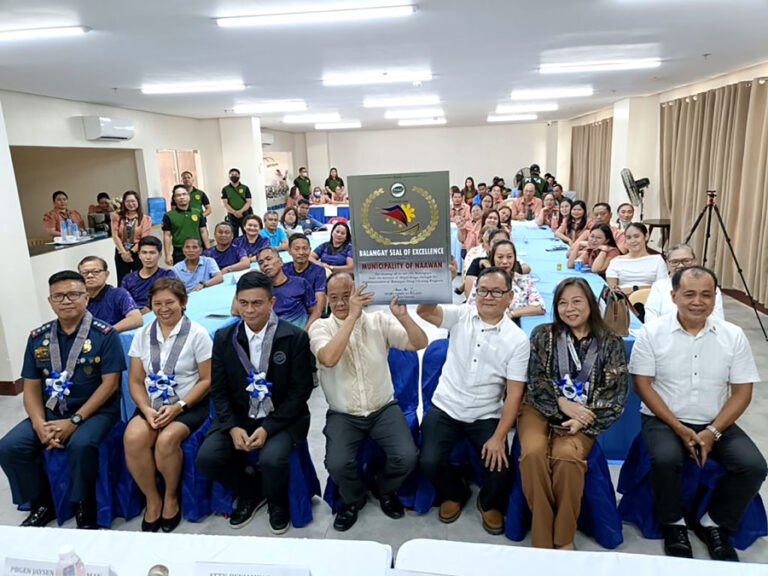COTABATO CITY – The Regional Board of Investments of the Autonomous Region in Muslim Mindanao (RBOI-ARMM) has approved on January 15 the registration of the P1.3 billion oil palm plantation project of Gintong Agri-Corp.
The company is a partnership between Singaporean investors and local community cooperatives whose members own the lands that will be developed into an oil palm plantation. RBOI-ARMM said the company will fund the development and manage the plantation, under a nucleus estate system, where full support from technical advice to market assistance would be fully provided to participating farmers. The project is expected to employ as many as 1,000 farm workers during the project’s full operation.
Lawyer Ishak V. Mastura, RBOI-ARMM chairman, said 2015 recorded a P6.5 billion total investment in the region despite the Mamasapano tragedy in January 2015 that claimed the lives of more than 60 individuals in Maguindanao.
This optimism will continue this year, he said, since more investors are expected to come and stay in the region, confident that they can do good business despite some issues in the peace process. Atty. Mastura revealed that projects related to the construction of an oil depot, a bulk water treatment and supply system, and an industrial waste management and treatment are now in the works.
Based on a plan submitted to the regional investment body, Gintong Agri Corp. will initially develop a 5,000-hectare oil palm plantation in Datu Odin Sinsuat in Maguindanao. It will then expand to 20,000 hectares over the next decade in several municipalities in the province particularly in Talayan and Guindulungan. The plan also indicated the company will also build and operate facilities in Maguindanao that would produce crude palm oil and palm kernel oil.
Earlier, investors in the region expressed apprehensions over revisions in the proposed Bangsamoro Basic Law being initiated by members of both houses of Congress. But Alex Fergusson, Gintong Agri Corp. president, said with, or without, the BBL, the company has already decided to invest in the ARMM. Spill over of fighting in Mamasapano early last year was an initial concern for the company but since no widespread fighting broke out, it was decided to continue with the project, he added.
It would be recalled that the Bangsamoro Transition Commission, composed of 15 commissioners from the government and the Moro Islamic Liberation Front (MILF), submitted its draft BBL to Congress in ceremonial rites in Malacanang on September 10, 2014.
The House of Representatives’ Ad Hoc Committee on the BBL and the Senate Committee on Local Government, however, filed substitute bills, HB 5811 and SB 2994, respectively, which were criticized for envisioning a Bangsamoro less autonomous than the ARMM.
Earlier reports coming from the ARMM-based Promotion of Investment Sustainability Organization (PISO) led by Edgar Bullecer expressed concern that the House of Representatives’ substitute bill renamed Basic Law for the Bangsamoro Autonomous Region, or BLBAR, removed the fiscal incentives for firms investing in the ARMM.
PISO presented its position paper to the Senate Committee on Local Government of Senator Ferdinand Marcos to push for a BBL that is compliant to the peace agreement signed with the MILF. It underscored that any autonomy framework less than the ARMM, as had happened with the House of Representatives’ BLBAR version, will lead to instability in investment policies undermining investor confidence in the region.
Mr. Bullecer said that the company he represents, Chiquita-Unifrutti, the largest foreign investor in the ARMM having invested P3.7 billion last year in Cavendish banana plantations in Maguindanao, is determined to continue investing in the region with, or without, the BBL.
But he noted the company fears that a watered-down BBL, as represented by the BLBAR, will make it harder to invest in the region because investors will have to get their permits and approvals of projects from the national government. As an autonomous region, the ARMM regional government grants permits, licenses, franchises and approvals for investments in the region under the ARMM Organic Act without interference from the national government. (Bureau of Public Information)



